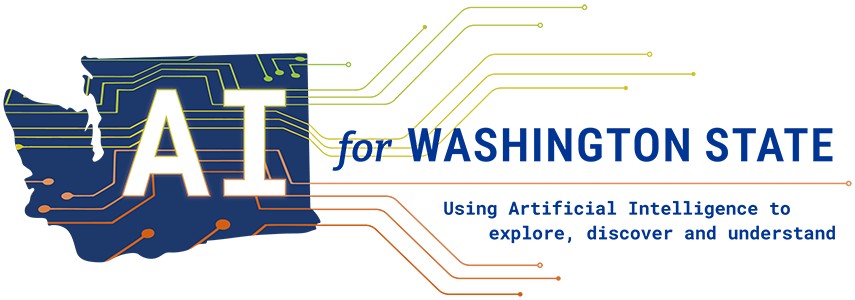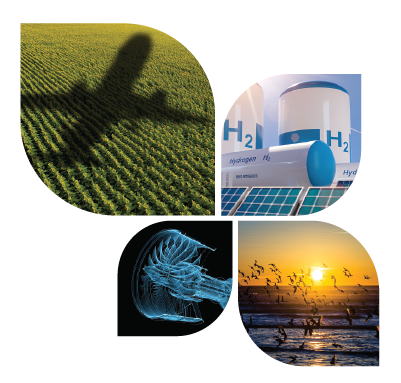Publication
Mitigation of Pandemic Impacts on Children
Foreword
The COVID-19 pandemic has exacted a heavy toll on everyone, but its effects on children have been especially dire. While most children do not have acute symptoms as severe as adults from infection with the SARS-CoV-2 virus, more than 1,300 children ages 0 to 18 in the United States have died because of the disease, and the long-term health effects of infection remain largely unknown. Furthermore, the virus has has occasioned the closing of children’s schools, limited their interactions with others, resulted in the loss of parents and other caregivers, and cast a pall on their young lives.
The Washington State Academy of Sciences has a particular interest in the impacts of the COVID-19 pandemic on children. Members of the Academy have been studying different facets of the issue, and all of us are concerned about the effects the pandemic has had and will continue to have on the residents of our state. For that reason, we devoted our 2022 annual symposium, which was held as an online event on October 26, to “Mitigation of Pandemic Impacts on Children.”
The symposium disseminated critically important information. After a superb keynote address on the equitable health and well-being of children in the United States, panels of researchers, practitioners, and other experts looked at the impacts of COVID-19 on the physical health of children (Chapter 2), children’s education (Chapter 3), and their mental health (Chapter 4). The symposium’s final session turned to some of the broader philosophical and ethical issues raised by the pandemic’s effects on children, after which presenters from earlier in the day reflected on the key messages they heard during the day’s discussions (Chapter 5).
My hope is that the symposium will help us protect some of the most vulnerable members of our society, our children, from the impacts of the pandemic. Obviously, we could not address all aspects of the topic in six hours. Nevertheless, I believe that the symposium established a valuable framework for moving forward.
I want to thank the staff of the Washington State Academy of Sciences for the success of the symposium. Dr. Yasmeen Hussain was essential in organizing and conducting the event. Liza Jarowey impeccably ran the technical aspects of the symposium. Steve Olson captured the richness of the symposium’s presentations and discussions in these proceedings. And the Academy’s executive director, Donna Gerardi Riordan, oversaw all aspects of the event as part of her commitment to making the Academy a vibrant convener for these sorts of conversations.
The Academy stands ready to work with policymakers and stakeholders to ensure that the issues discussed at the symposium get to the right eyes and right ears. Washington State has a remarkable cadre of people working on this issue. Their dedication fills me with optimism – tempered, of course, by the sadness of what has happened. I’m grateful to be part of such an amazing group of people.


